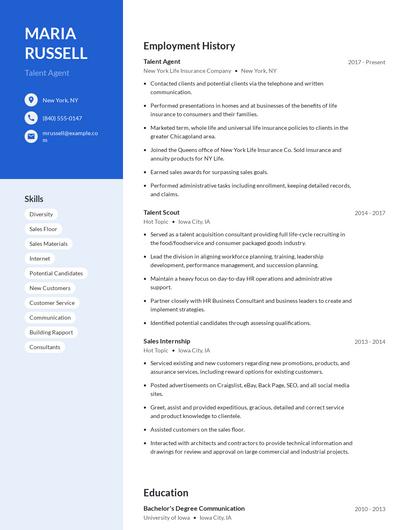The The Casting Connection Ideas
The The Casting Connection Ideas
Blog Article
The Casting Connection for Beginners
Table of ContentsThe Casting Connection Fundamentals ExplainedThe Casting Connection Things To Know Before You BuyA Biased View of The Casting ConnectionThe smart Trick of The Casting Connection That Nobody is Talking AboutThe 10-Minute Rule for The Casting Connection
A talent scout acts as an agent for artists, entertainers, athletes, and various other individuals in the home entertainment industry. Their primary obligation is to advertise and represent their clients' interests, aiding them safe possibilities such as acting duties, modeling gigs, endorsements, songs contracts, or sporting activities bargains. Talent scout work very closely with their clients to understand their profession objectives and goals, and afterwards take advantage of their sector connections and knowledge to negotiate contracts, secure tryouts, and check out different methods for exposure and success.Skill representatives normally operate in hectic and vibrant settings that focus on the amusement sector. Their work environments can differ based on the dimension and type of firm they are employed in. Right here are some typical elements of the office of a talent scout: Ability Agencies: The majority of talent agents function in skill agencies, which can vary from little store agencies to huge, reputable firms.

Our The Casting Connection Ideas
These conferences can take place in the agency's workplace, at customer occasions, or at exterior areas convenient for the client. Auditions and Spreading Calls: Agents may accompany their customers to auditions and casting phone calls, giving assistance and advice throughout the process. This might include traveling to numerous places, such as production workshops, casting offices, or film sets.
These negotiations typically occur through phone or email, with representatives functioning faithfully to secure beneficial terms for their clients. Research and Market Updates: Agents remain notified about market trends, casting phone calls, and market demands. They conduct research on possible clients, jobs, and sector growths to offer important insights to their customers.
They use email, call, video clip conferencing, and specialized software application to remain in touch with customers and market contacts. https://www.brownbook.net/business/52962158/the-casting-connection/. High Pressure and Long Hours: The home entertainment market runs on tight timetables and deadlines - Actor Resources Online. Talent scout commonly work long hours, including evenings and weekend breaks, to ensure they are readily available to react to chances and customer needs promptly
They must be critical and persuasive to secure the most effective deals for their customers, whether it's for a role in a film, a modeling contract, or a songs deal.
Some Known Facts About The Casting Connection.
When you understand the distinction, it comes to be really clear. However lots of people new to the acting business, and a lot more of those beyond it do not know the distinction. So, in a few words: Basically, an ability agent is worked with by the actor to represent the star. The star's agent looks out for ability's rate of interests, functioning on their behalf (the really interpretation of "agent").
They are employed by the manufacturer or the end-client, and their obligation is to that side of the production chain. In the business of item advertising and marketing interactions, there are all kinds see this here of agents.

And yet, although the skill representative is paid by skill (usually via compensation), they need to likewise satisfy the manufacturer to do their task successfully. Casting Agent: Rarely in significant markets, however sometimes in smaller sized markets, some skill agents play both functions, a minimum of functionally. They represent the talent (normally being paid by compensation), however they may likewise conduct auditions themselves.
See This Report on The Casting Connection

Ad agency: This firm stands for the "marketer," which is the company that produces or markets the service or product being offered. https://pxhere.com/en/photographer/4335670. With the growing of media kinds over current years, an advertising agency could produce any kind of kind of advertising interaction or audio item, ranging from a radio commercial to a viral web video
These, and representatives by other names are similar to the ad agency, in that they serve the online marketer, in different ways. Their service could be more comprehensive (e.g., a marketing company might do anything that is marketing-related), or may be a lot more specific (e. Open call auditions in the US.g., a media firm advises and/or buys media time and room)
The Best Guide To The Casting Connection
Executive recruiter. This is not so much a title as a method to finding and choosing brand-new skill. It refers to looking for interesting (and ideally capable) skill, as opposed to going out via the typical spreading chain and having picked options return. The searching process might include the complete universe of educated, established talent, yet is not necessarily restricted to them.
From a client/producer's factor of view, hunting for talent is a genuine method, however probably not their only strategy. It's naturally inefficient and uncertain; the ability may have some distinct top quality, but be untrained, undirectable and/or undependable, and certainly, the outset of a tight manufacturing schedule is not the moment to begin hunting for rubies in the rough.
Report this page